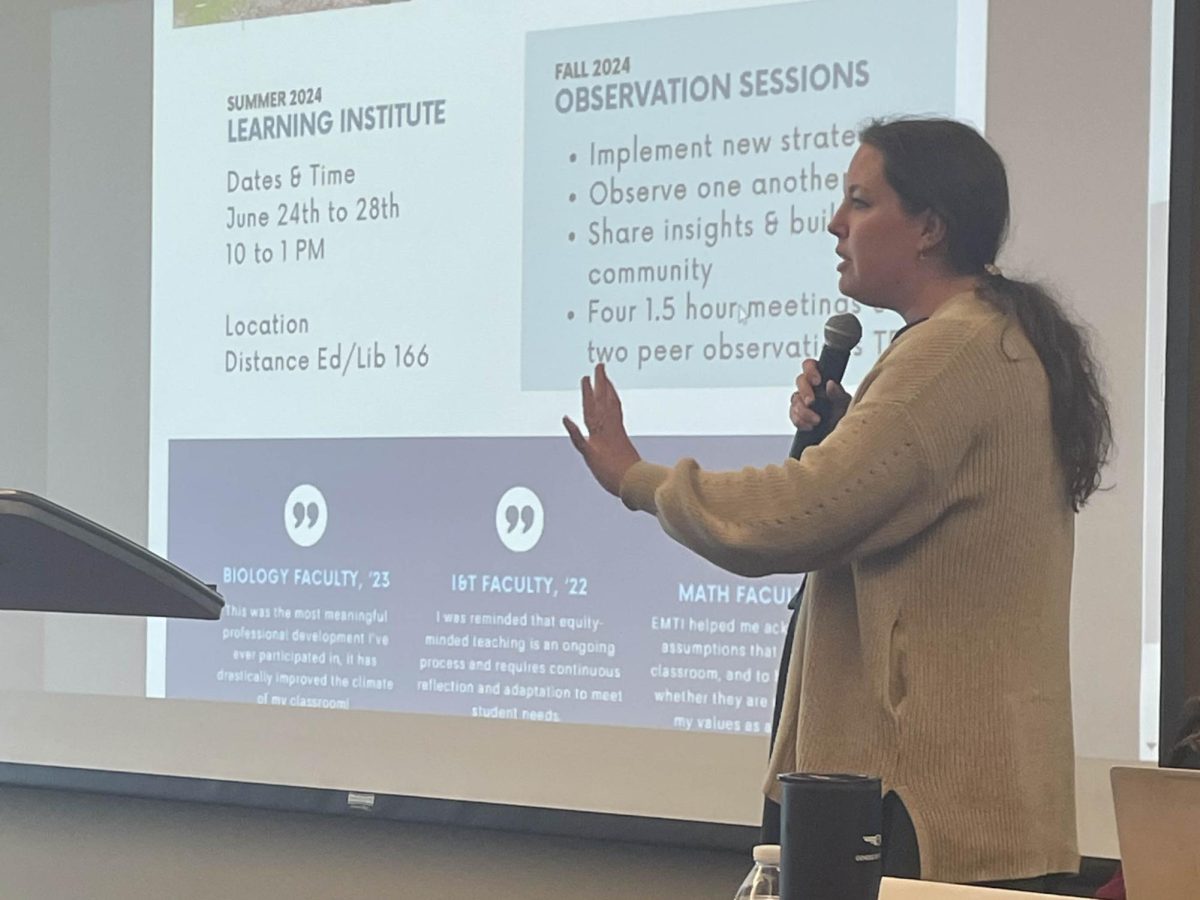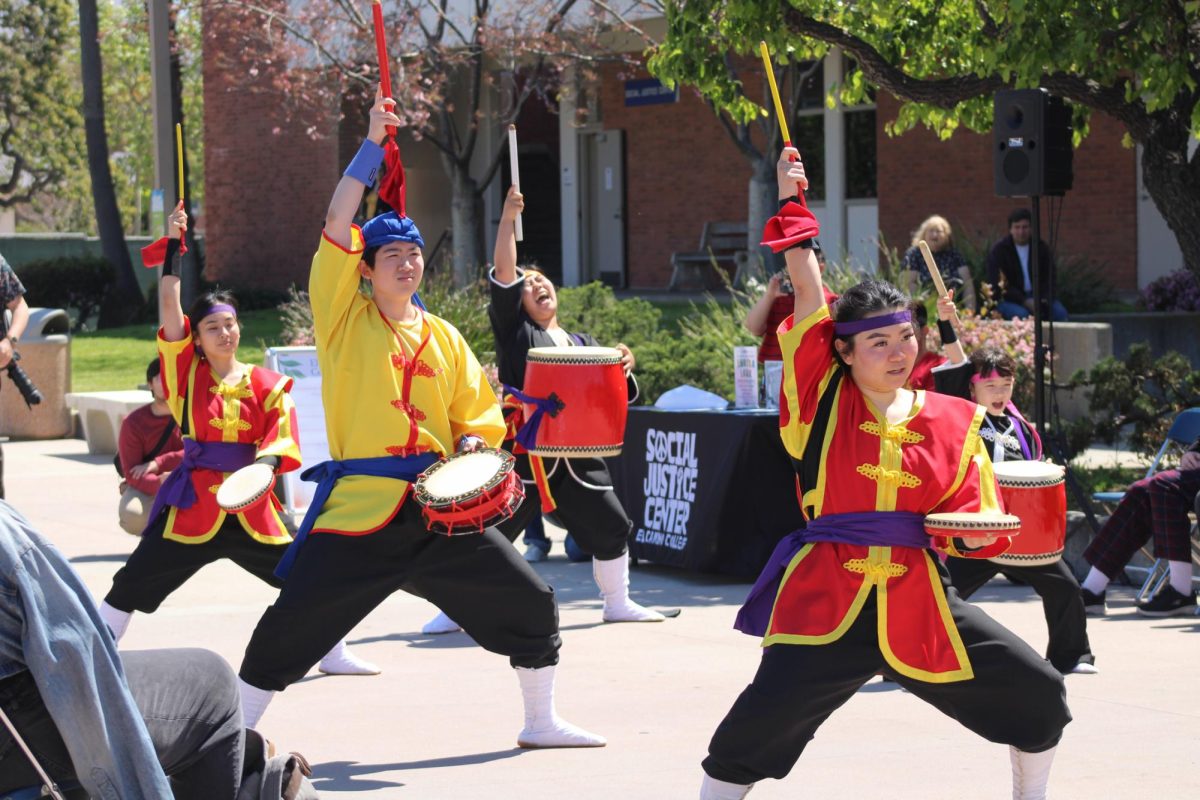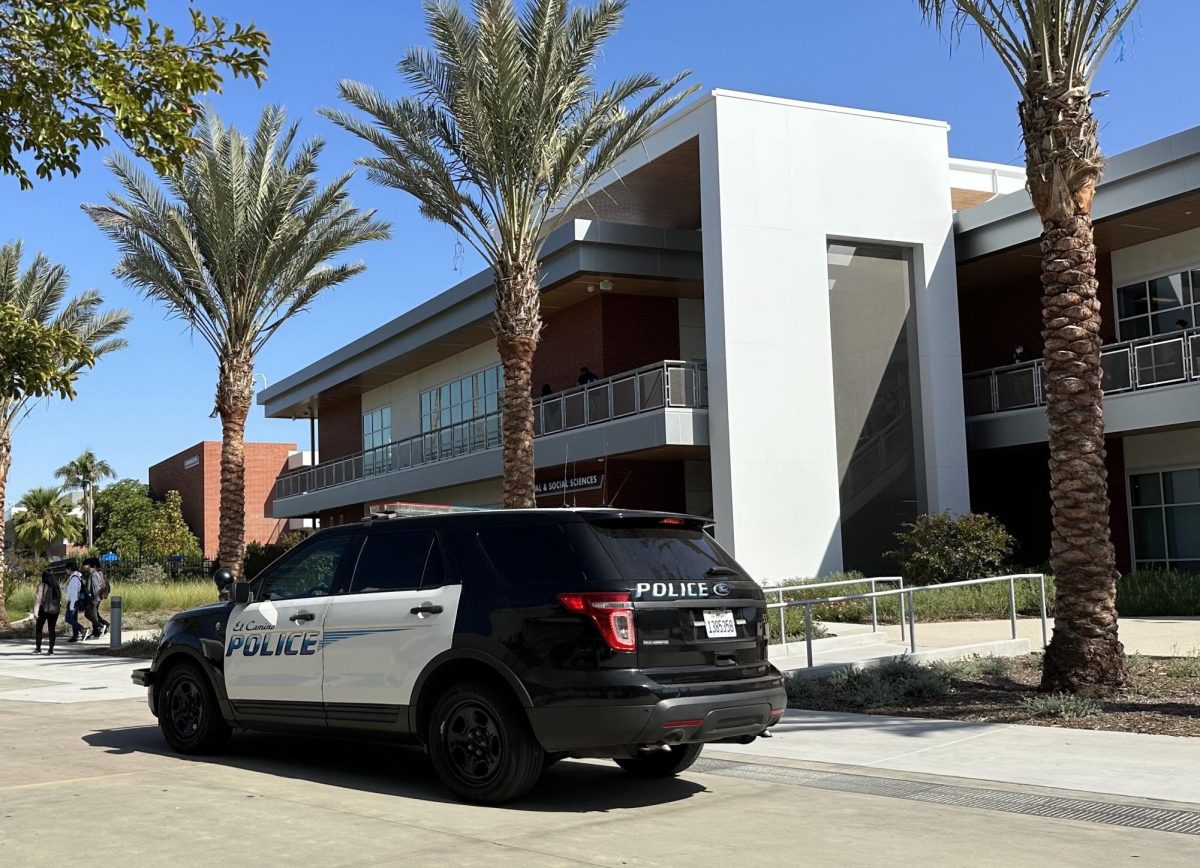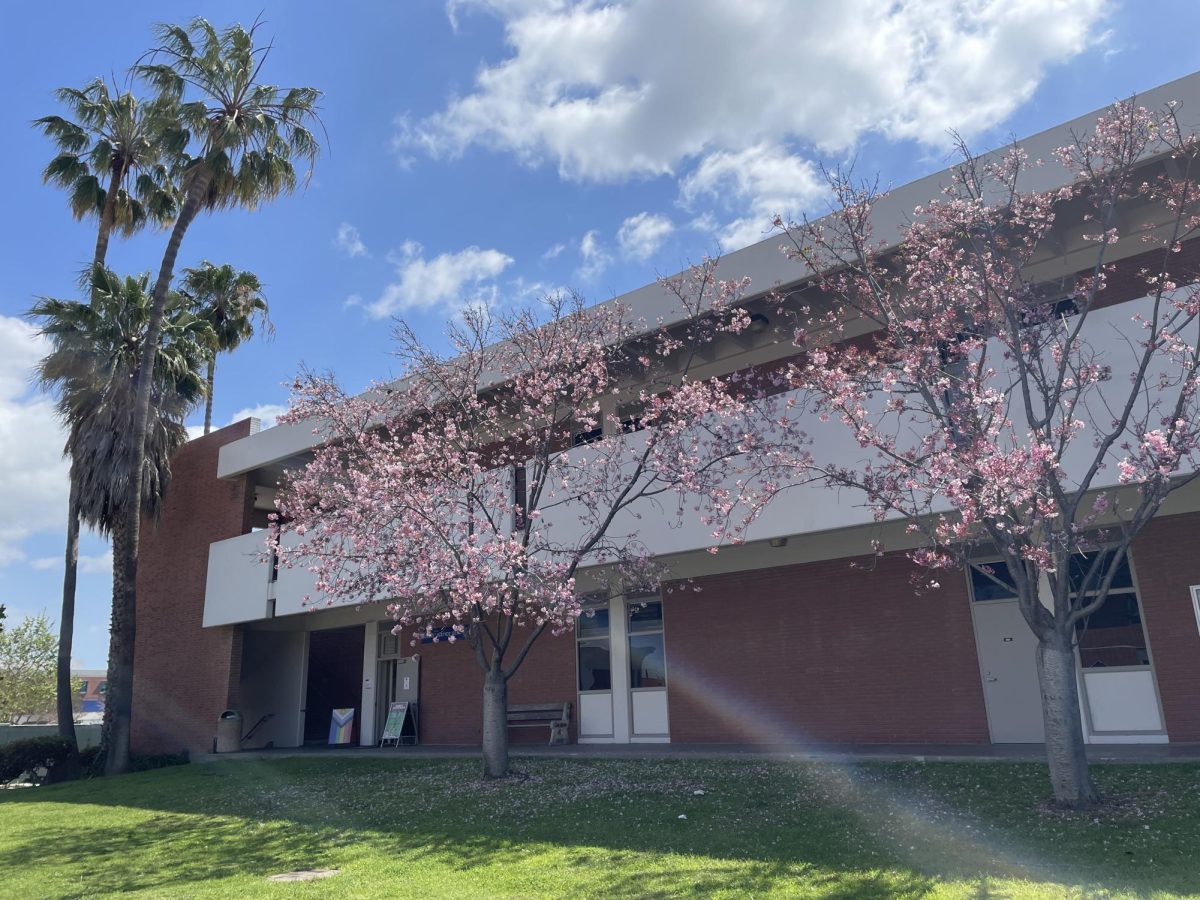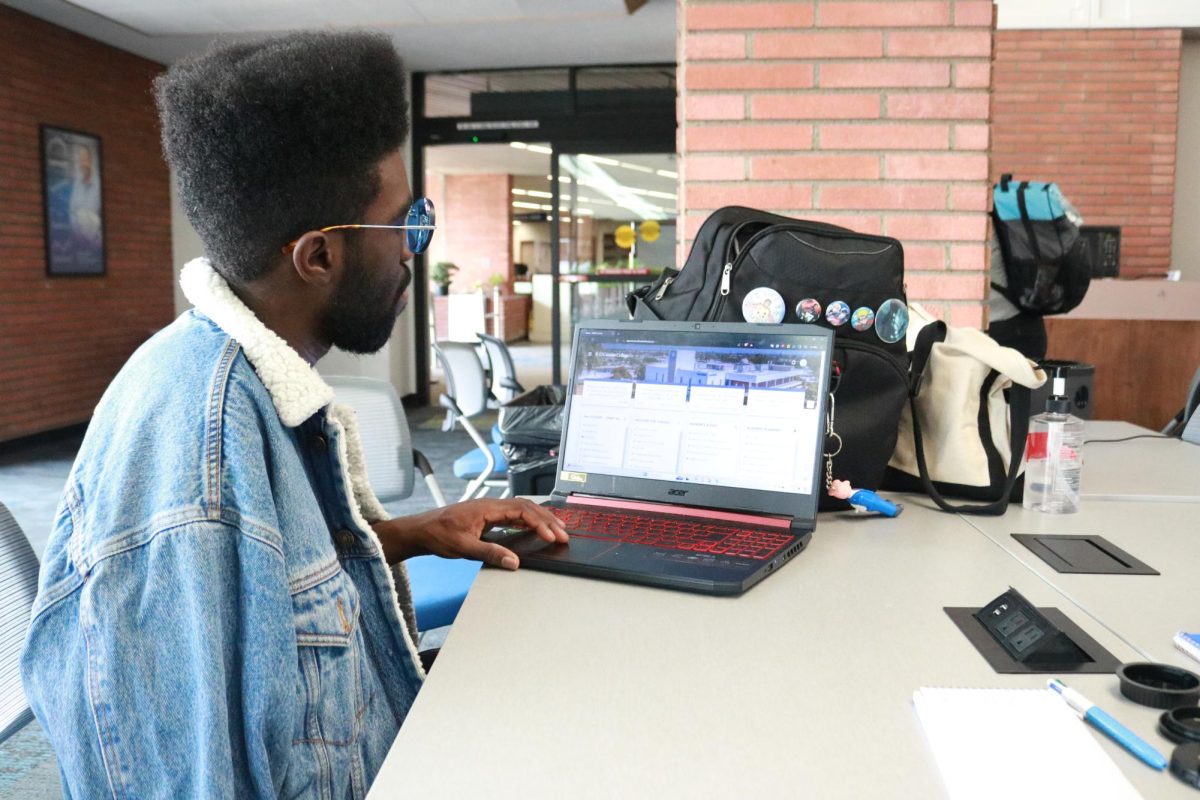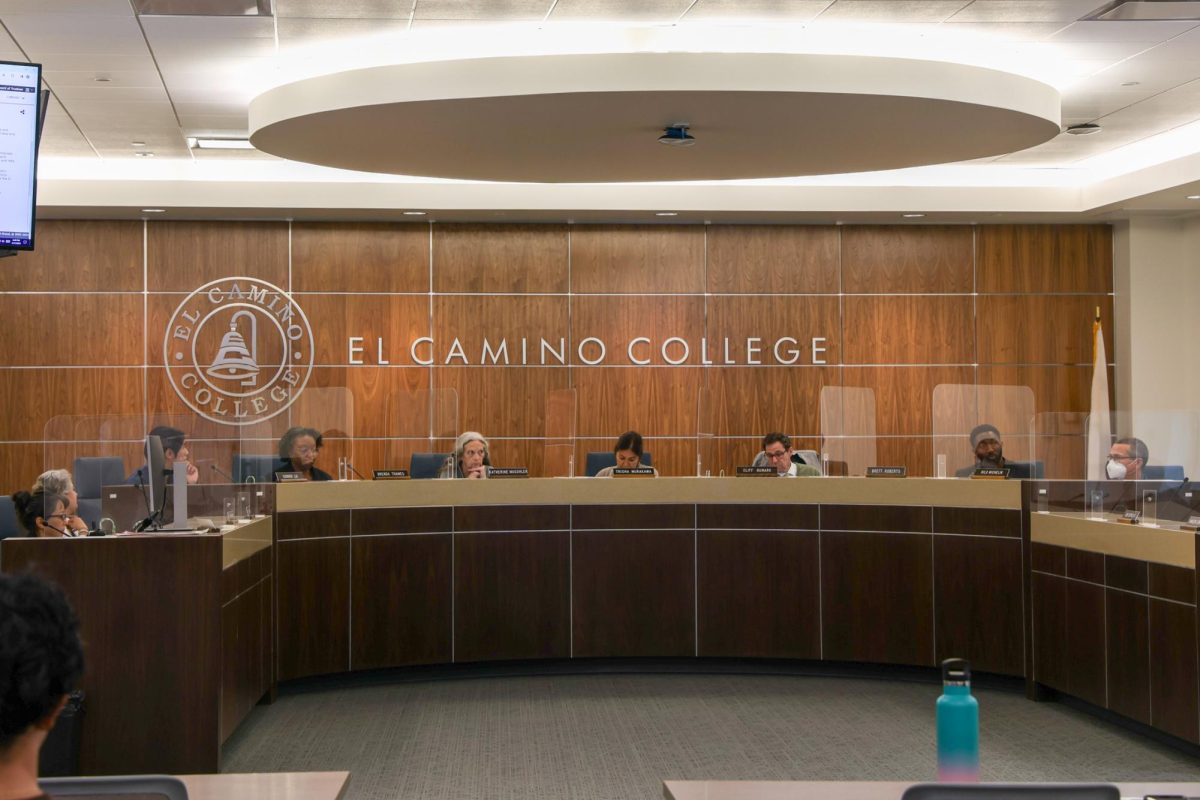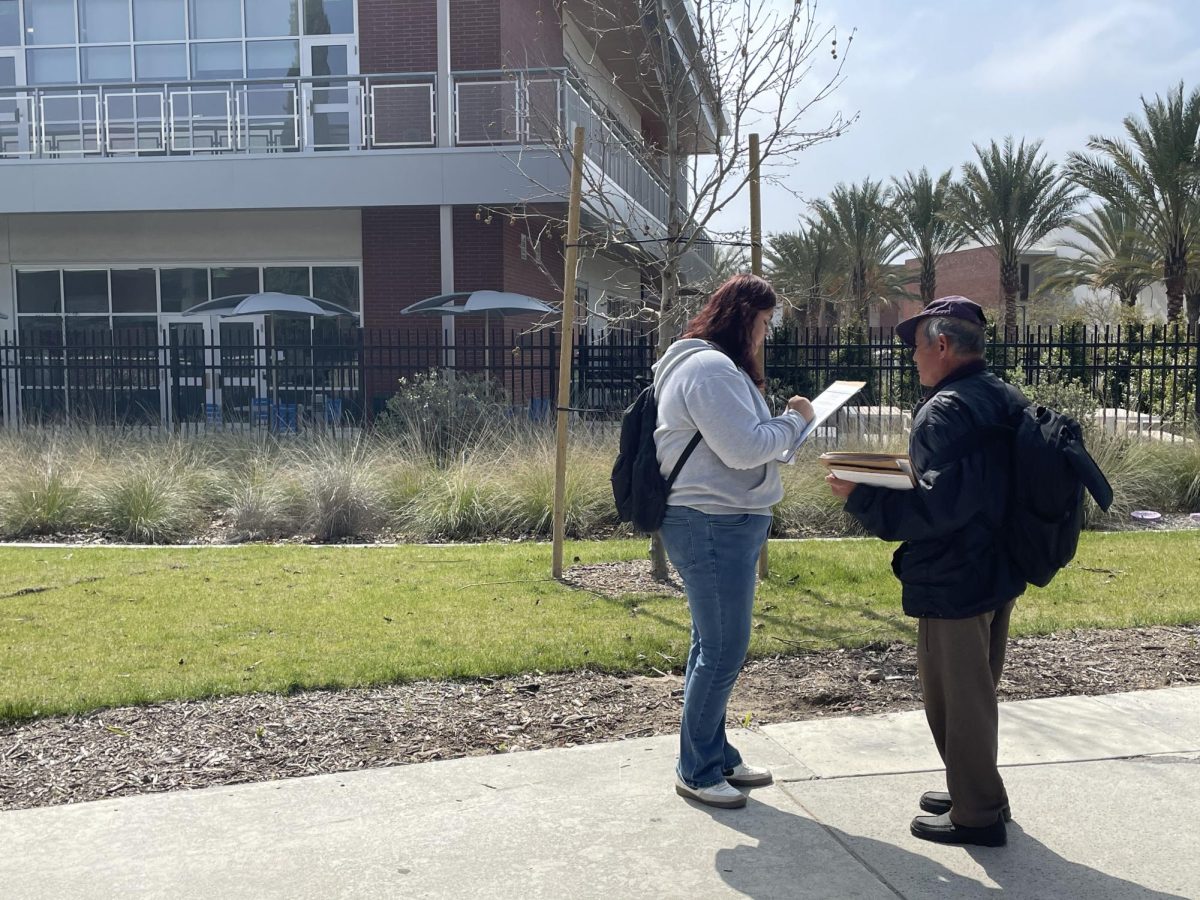A total of 12 propositions are on California’s Nov. 3 ballot for registered voters to decide on. Of the 12, here are four that hold relevancy to the stakeholders of El Camino College.
California Proposition 15 — Increase on Commercial Property Tax:
This proposition suggests an split roll property tax between two state tax rates, one for residential and one for commercial properties. It would increase commercial property taxes from $8 billion to $12.5 billion, according to a report released by the California Legislative Analyst Office, an organization dedicated to analyzing the annual Governor’s budget.
If passed, $6 to $11.5 billion would be allocated to local governments and schools, of which 60% of the funds would go to cities, counties and special districts while 40% would go towards public schools and community colleges.
Opponents of the bill believe this introduction of a split roll property tax, would reduce the competitiveness of California’s property market, as it would be more expensive to own commercial property, and are concerned that the final cost of the tax will be passed on to consumers, according to a study released by The Tax Foundation, an independent tax policy non-profit.
However, proponents of the bill believe the tax increase is indispensable for the purpose of education and keeps smaller businesses safe as it only affects commercial properties worth more than $3 Million and excludes properties dedicated to agriculture.
Angel Tena, 20, communications major at El Camino College, believes the tax increase would be useful for not only academic education but political education as well.
“It’s a question about education and that’s what this bill is about,” Tena said. “What I like about it [Proposition 15] is it specifically highlights public colleges, unlike other pieces of legislature pushed by the state of California,” Tena said.
California Proposition 16 — Legalizing Affirmative Action:
This proposition suggests legalizing Affirmative action by repealing the 1996 Proportion 209, which says the state can’t discriminate people due to their race, ethnicity, color, sex, or national origin, in public education and employment, according to BallotPedia, an American politics encyclopedia.
Measure 16 would allow the government to consider these factors when addressing diversity, for example, on college campuses seeking to meet higher diversity rates.
ECC has been making efforts towards equitable action with the creation of president Dena Maloney’s Advisory Committee on Race and Equity, and faculty and staff participation in the “Equity Now!” USC seminar, according to the Sept. 8 President’s Report.
Opponents of proposition 16 fear that repelling proposition 209 would allow the state to discriminate Californians on the basis on race, ethnicity, color, sex, or national origin, according to the Official Voter Information Guide
Proponents believe proposition 16 would allow for wider access to employment, higher wages, and better education. Fighting systematic racism and expanding opportunities for people of color and women, according to the same Information Guide page.
Proposition 16 would not infringe on federal laws which ban “unlawful discrimination” or those which guarantee “equal protection,” according to BallotPedia.
Amir Sharifi, 19, business major, said he can’t believe something like proposition 16 wasn’t introduced earlier.
“I beleive the prop is important because [I] would want the most fair chance [at employment],” Sharifi said.
California Proposition 17—Restoring Parolee Voting Rights:
This proposition suggests restoring voting rights for Californians on parole, affecting around 50,000 people in the state, according to the Legislative Analyst’s Office (LAO).
Proposition 17 would also allow parolees to run for office, with an exemption for those holding convictions in perjury and bribery, according to LAO.
ECC’s Formerly Incarcerated Re-Entry Students Thriving (FIRST) program serves a portion of this group by aiding their educational journey through “individualized support,” according to their Academic Support page.
Opponents of proposition 17 say that it will allow for convicted criminals to have equal grounds as their victims. Citing that parole in the state of California is reserved for serious crimes against other people, according to the Arguments and Rebuttals page on the Official Voter Information Guide.
Proponents say that people on parole have families, jobs, and pay taxes so they should also be allowed to vote, according to the same page.
Barbara Meza, 39, paralegal major, joined the FIRST program after a professor told her about it. She said her time in prison made her want to educate herself, and she’s glad proposition 17 is on the ballot.
“It’s about solutions, I have so much hope,” Meza said.
Isabel Gonzalez, 28, sociology major, is a Cooperative Agencies Resources for Education (CARE) success coach and volunteers at FIRST, after having recently transferred from the college. She dedicates her time working with formerly incarcerated students and advocating for victims of domestic violence.
Gonzales said Proposition 17 would encourage other people on parole to educate themselves and make them feel more welcomed into society.
“[Voting] gives you your humanity back,” Gonzales said.
California Proposition 22 — Rideshare Drivers as Independent Contractors:
This proposition would maintain Uber and Lyft drivers status as independent contractors to the company while enacting certain labor and wage policies specific to app-based drivers, according to Ballotpedia.
It comes in direct response to Assembly Bill 5, a bill passed in September 2019 that established a metric with which to determine whether app-based workers were considered a full employee of the company or classified as an independent contractor.
Two-thirds of Uber users in the US are between 16-34 years of age, according to a study by research based company GlobalWebIndex. This encompasses around 90% of ECC’s average population age.
Opponents of proposition 22 say this would allow for large companies who operate on rideshare drivers, like Uber and Lyft, to create legal exemptions for themselves while denying drivers things like sick leave and healthcare.
Proponents say Proposition 22 would protect those drivers wishing to remain as independent contractors and would save jobs, according to the Arguments and Rebuttals page on the Official Voter Information Guide.




